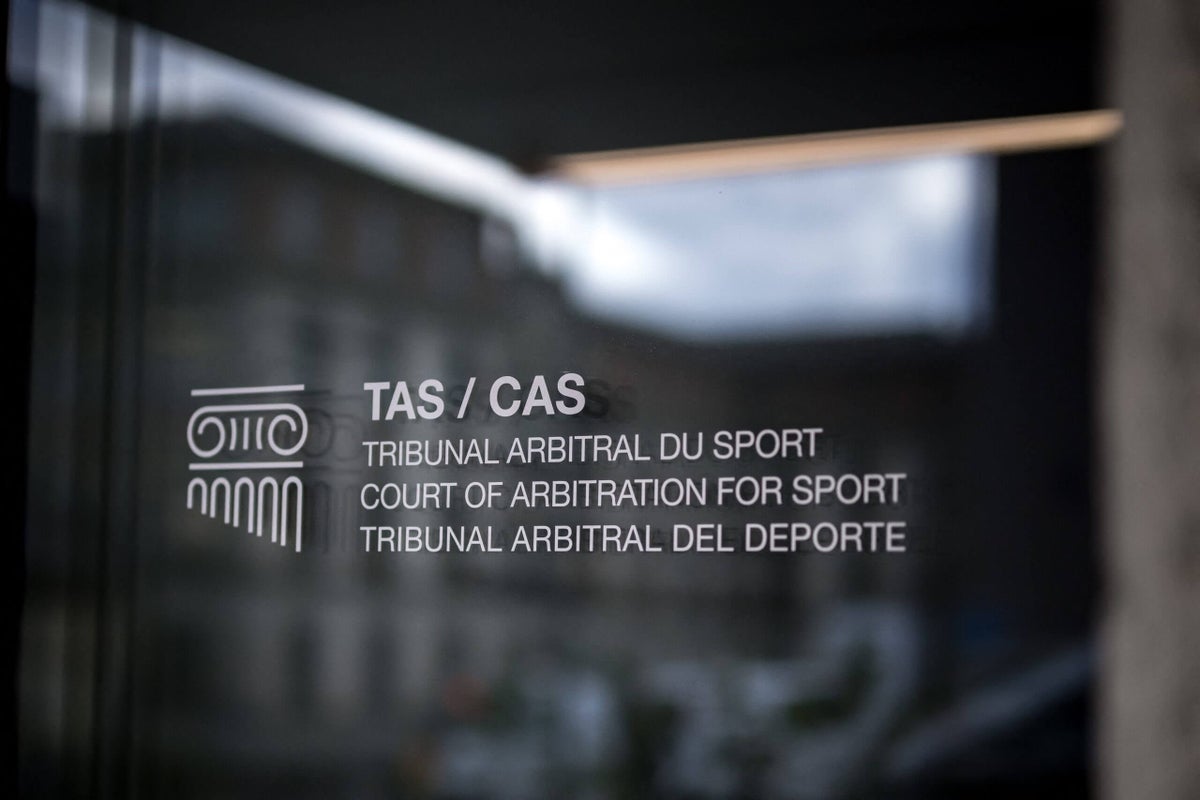The European Court of Justice (ECJ) ruled Friday that decisions made by the Court of Arbitration for Sport (CAS) can now be reviewed by national courts to ensure compliance with European Union (EU) law.
The ruling means that certain decisions from governing bodies such as FIFA can be challenged outside of Switzerland. If the legislation or rules of world football’s governing body are deemed to “prevent the national courts or tribunals from exercising their powers,” said courts or tribunals are now “required to disapply that legislation or those rules”.
CAS, an institution independent of any sports organisation, handles significant legal sporting cases such as doping and contract disputes. The court is based in Lausanne, Switzerland.
Officials and clubs had previously been bound to accept verdicts made by CAS. Switzerland’s supreme court decides upon CAS verdicts which have been challenged, but have rarely overturned the verdicts.
The ECJ said in a statement that national courts or tribunals of member states “must be empowered to carry out, at the request of individuals or of the court’s or tribunal’s own motion, an in-depth judicial review as to whether arbitral awards made by CAS are consistent with EU public policy”.
The verdict directly relates to the 10-year legal battle between FIFA and Belgian club RFC Seraing, who, alongside Maltese investment fund Doyen Sports, opposed the governing body’s rules on third-party ownership of the economic rights of players.
FIFA imposed several registration bans and a fine of 150,000CHF ($184,700) on Seraing, sanctions which were upheld by CAS and the Swiss Federal Supreme Court.
The club subsequently put the case before the Belgian court of first instance and court of appeal, but found it could not carry out a new assessment of the compatibility of the verdict with EU law, with CAS’ decision holding the authority of res judicata — effectively meaning it cannot be pursued further.
After the club put the case before the court, the ECJ ruled that such authority is incompatible with EU law. It said: “The application of rules of this kind deprives individuals of the possibility of obtaining, from the courts or tribunals of the Member States, effective judicial review of such arbitral awards.”
In quotes carried by the Associated Press, Seraing’s lawyer Jean-Louis Dupont said the club should be compensated for the sanctions imposed on it by FIFA and said the implications of the ECJ ruling challenge the legality of all “forced arbitrations” by mandated international sports federations.
“In summary, the (court) has definitively ended the procedural deception used by international sports federations to evade the proper application of EU law through the imposition of compulsory arbitration outside the EU,” Dupont said.
CAS issued a statement Friday saying it acknowledges the ECJ’s ruling that its awards “should be limited to EU public policy only” while adding that only six per cent of the court’s decisions are appealed to the Swiss Federal Tribunal (SFT).
“ICAS also acknowledges recognition by the CJEU that sports arbitration is a legitimate mechanism ensuring a uniform treatment of sporting disputes and a consistent application of sporting rules,” the statement added.
The ECJ’s ruling on Friday marks another landmark verdict under EU competition law. In the last two years, it challenged the authority of UEFA and FIFA by ruling the governing bodies acted unlawfully in blocking the creation of the proposed Super League, while ruling last year in the Lassana Diarra case that some FIFA rules regarding players transfers were acting contrary to EU law in relation to freedom of movement.
FIFA declined to comment when approached by The Athletic.
(Photo: Fabrice Coffrini/AFP via Getty Images)
